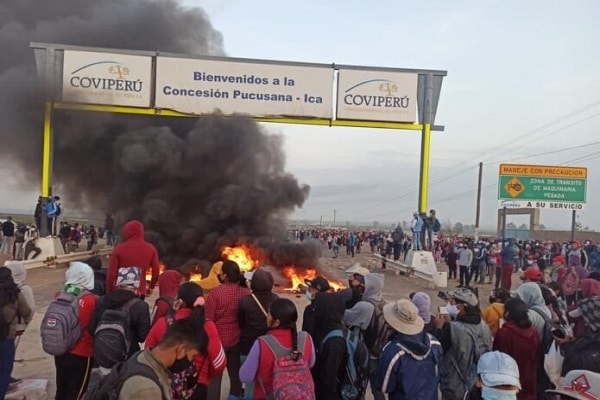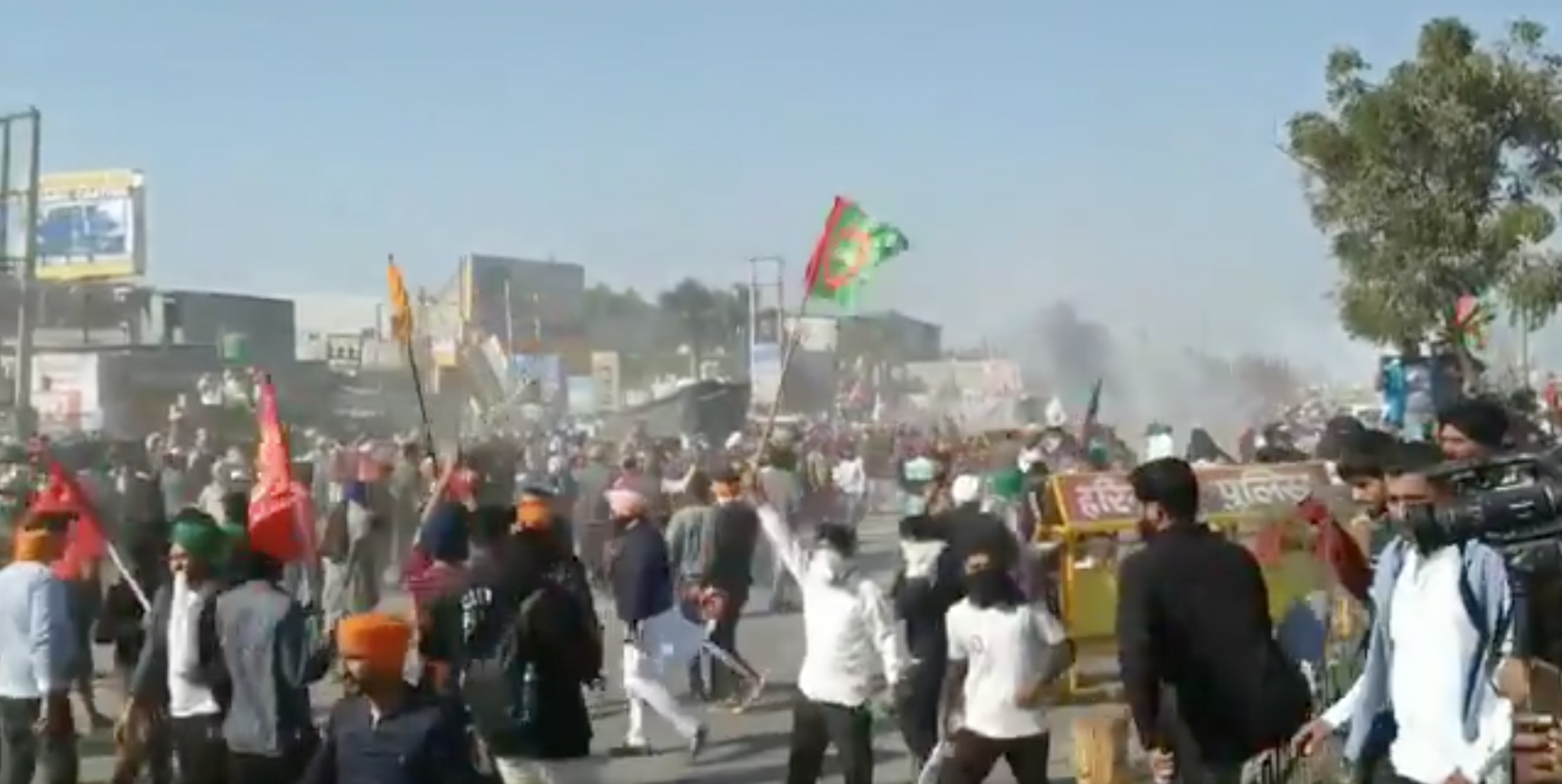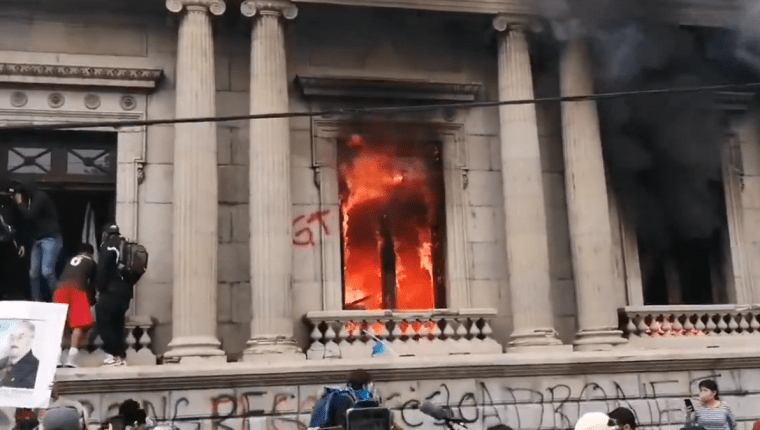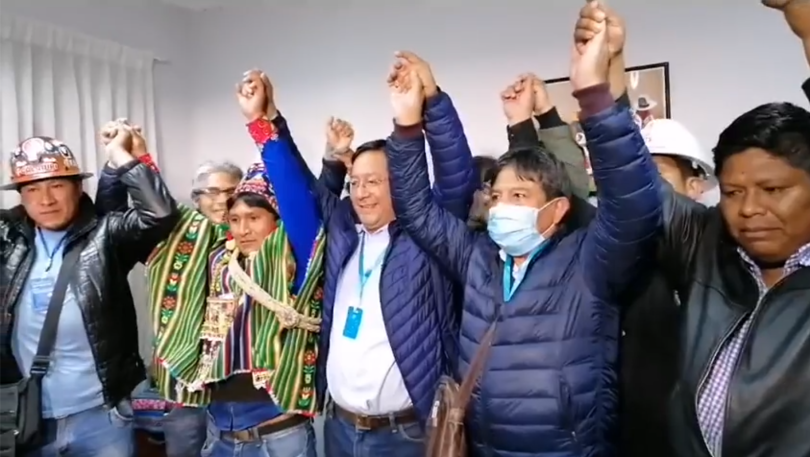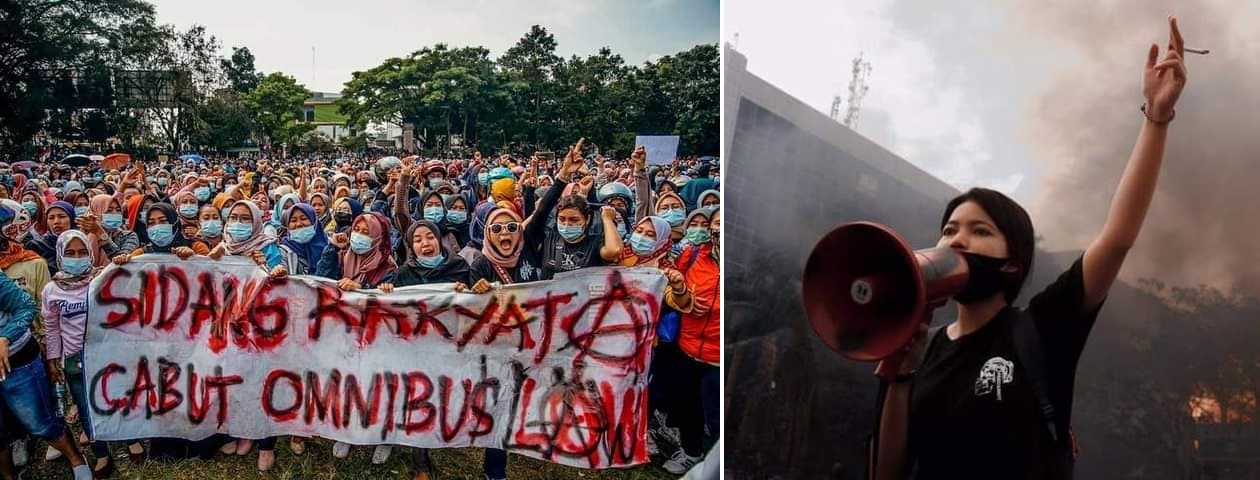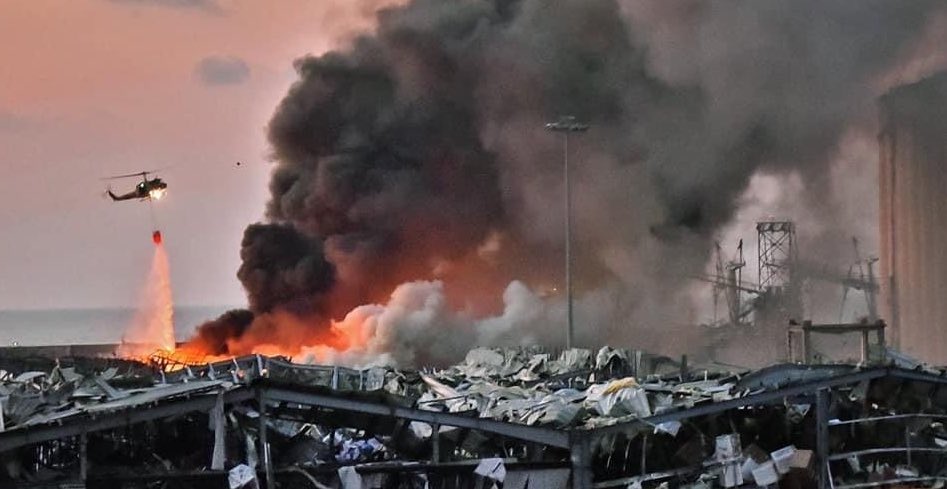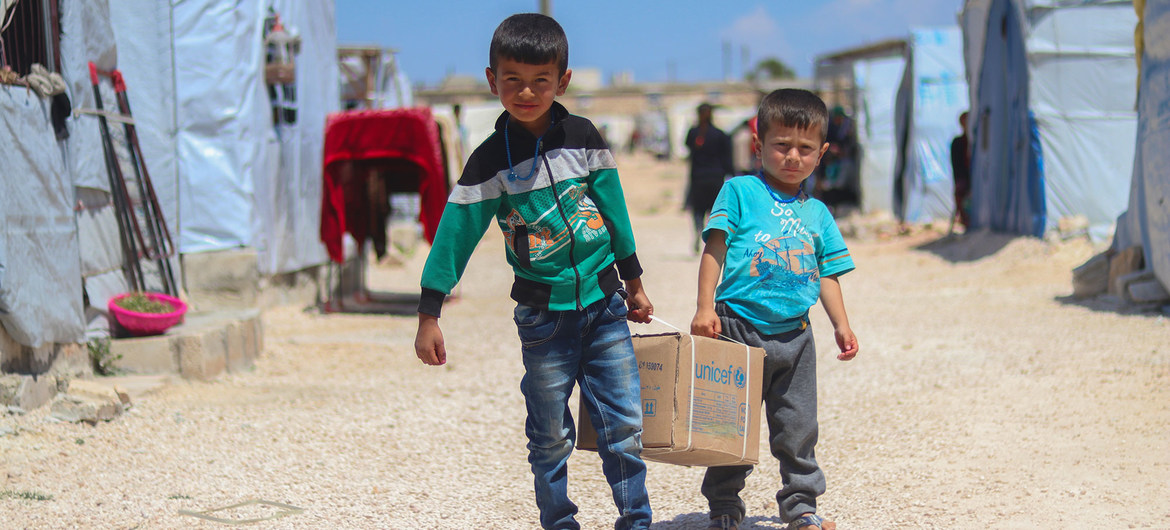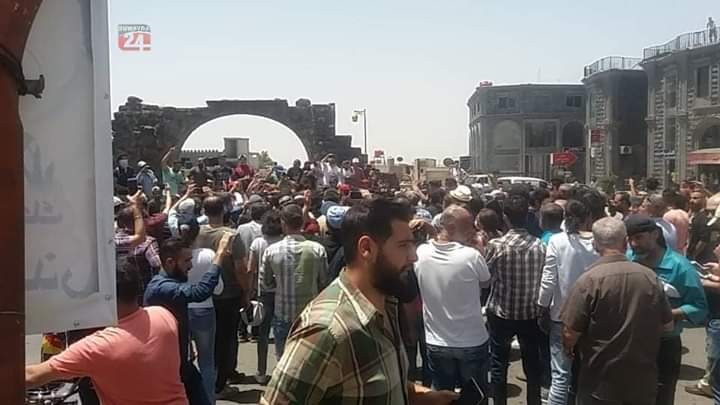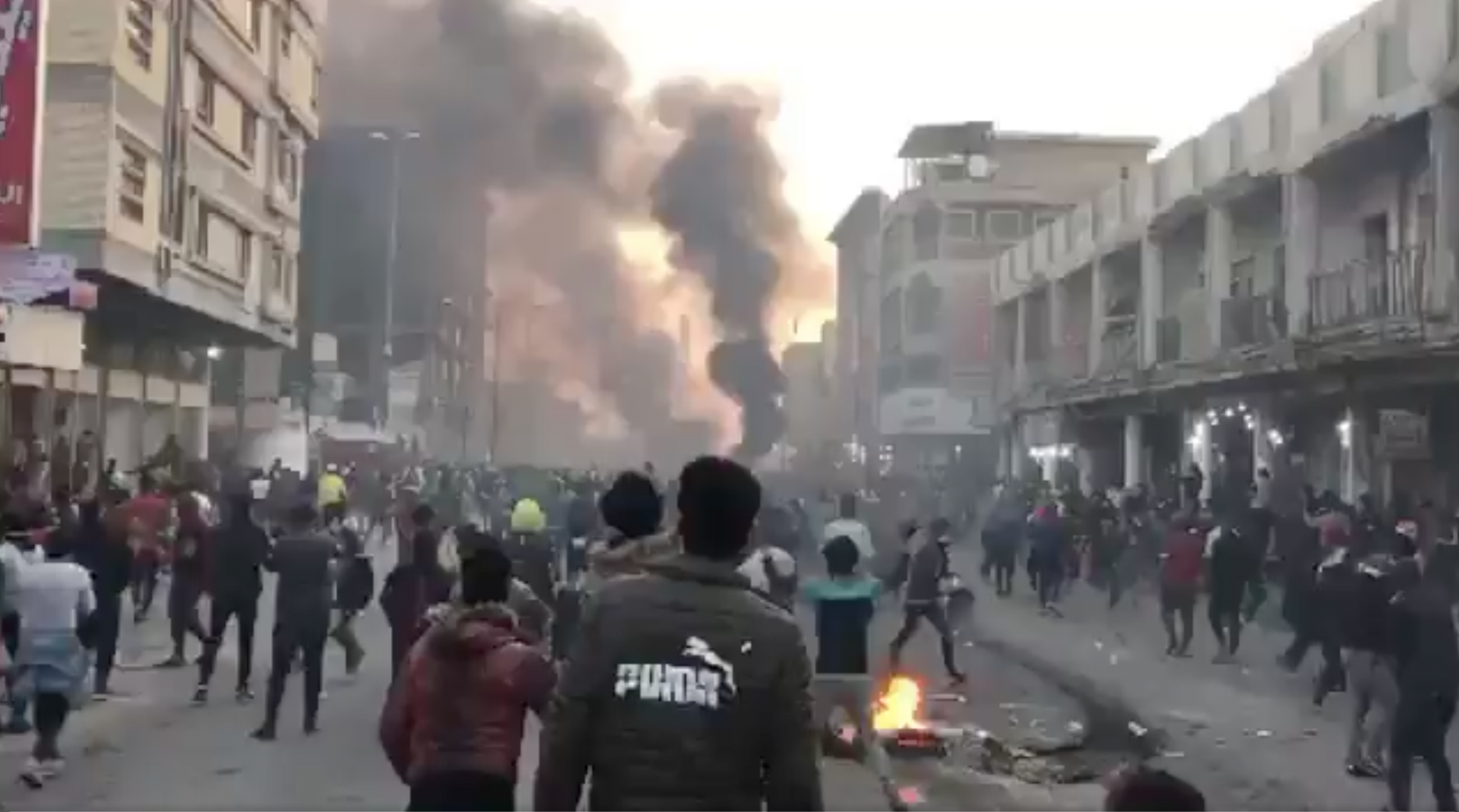
Iraq explodes into protest —again
Two protesters were killed and several injured in Iraq, as security forces attempted to put down angry demonstrations in the southern city of Nasiriyah. A police officer was also reportedly killed in street clashes. Anti-government protesters had earlier re-occupied Haboubi Square, demanding the release of their comrades arrested in recent weeks. A protest encampment had been in place in the square for over a year until November 2020, when the camp was attacked by followers of Shi’ite leader Moqtada al-Sadr, with several killed. Witnesses said that in the new violence, security forces opened fire to disperse protesters from the square. (Photo via Twitter)




